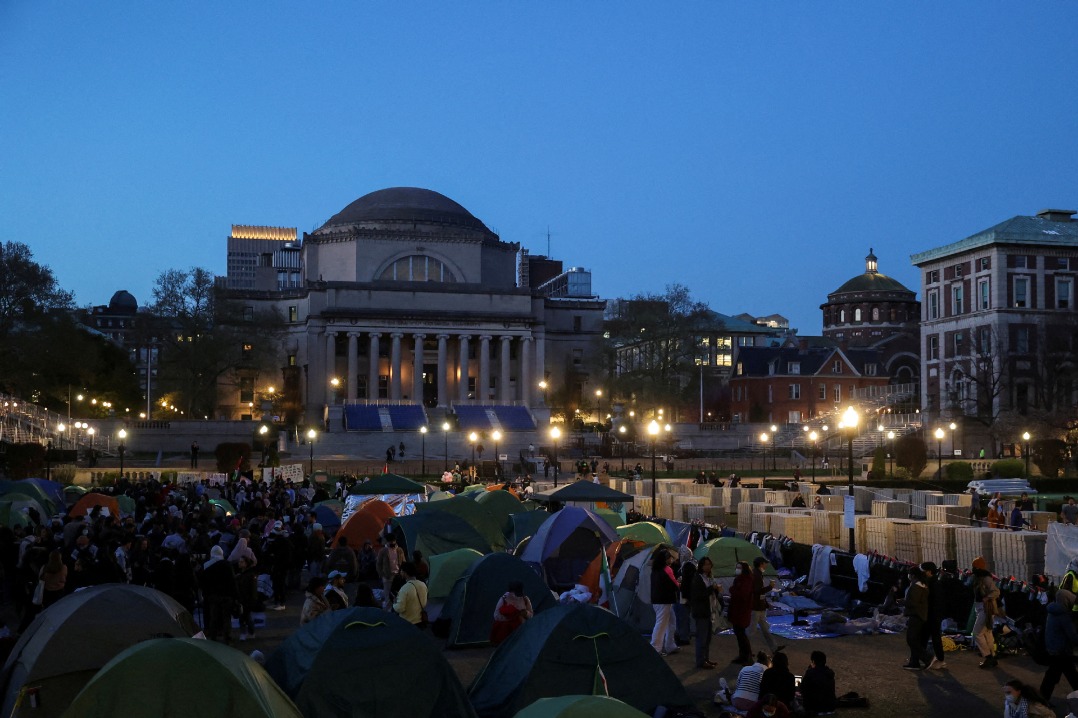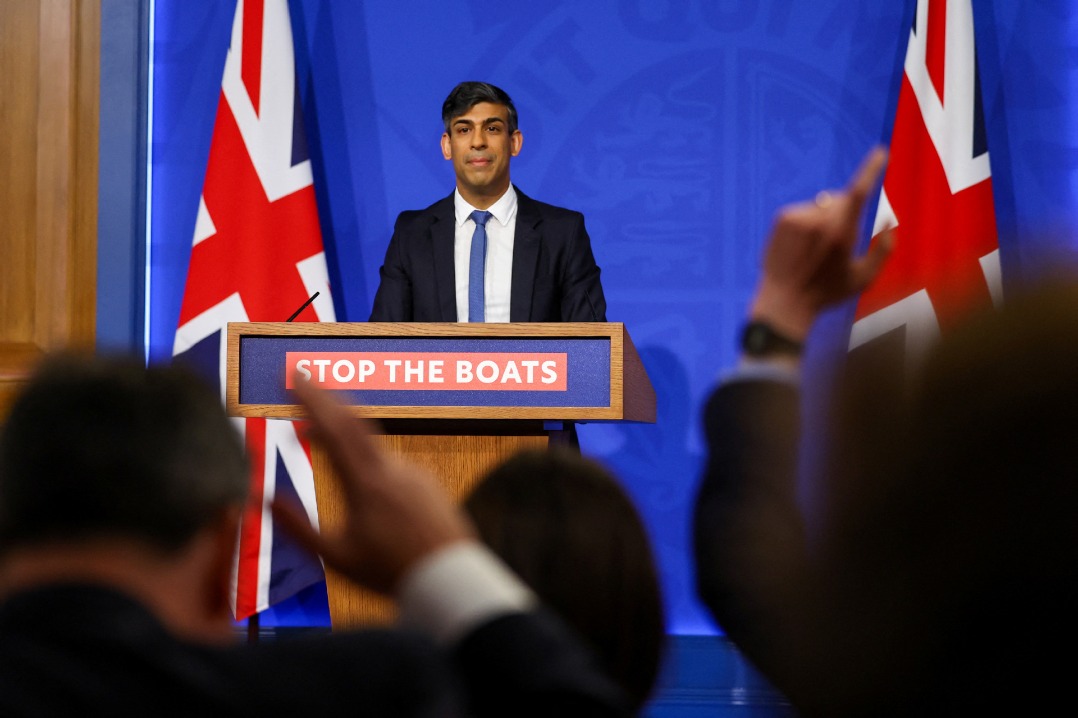Ozone layer's repair could slow climate change

An influential panel of UN-backed scientists say that airborne chemicals that had been destroying the ozone layer are now in decline for the first time, which could help repair the crucial layer that protects humans from the sun's most harmful rays.
The report, released by the United Nations Environment Program (UNEP) and the World Meteorological Organization (WMO) on Monday, showed that there has been a thickening of the ozone layer — a part of the atmosphere up to 18 miles high that absorbs harmful ultraviolet rays and blocks them from the earth's surface.
Scientists believe that by 2040 worldwide, the ozone layer could now be on track to switch back to levels not seen since the 1980s, and by 2066 over Antarctica, where it had declined so much it had left a hole above the South Pole.
For decades, climate change activists have warned that the ozone layer was being depleted due to the increased use of harmful chemicals.
The chemicals damaged the crucial part of the atmosphere that protects humans from excess ultraviolet rays that can cause skin cancer and eye damage in humans. Ozone also protects plants from damage, enabling them to grow and store carbon dioxide in their leaves.
In the past few decades, several steps have been taken to aid in the restoration of the ozone layer. One, the Montreal Protocol, which came into force in 1989, was approved by every country worldwide.
It outlaws the manufacturing of chemicals that destroy the ozone when they mingle in the atmosphere.
The chemicals include chlorofluorocarbons or CFCs, which have ozone-depleting chlorine and were generally used in refrigerators, aerosols and air conditioners.
Scientists said in the report that China had largely eliminated emissions of one of those chemicals.
Less use of 99 percent of the banned ozone-depleting substances has helped heal the ozone layer, the report said.
In September, the US ratified the Kigali Amendment to the Montreal Protocol, which urges countries to phase out the use of hydrofluorocarbons, a greenhouse gas that warms the planet more than carbon dioxide.
Meg Seki, executive secretary of the UNEP's Ozone Secretariat hailed the move and other initiatives for slowing climate change.
Seki said in a statement: "That ozone recovery is on track according to the latest quadrennial report is fantastic news. The impact the Montreal Protocol has had on climate change mitigation cannot be overstressed.
"Over the last 35 years, the Protocol has become a true champion for the environment."
The report's findings were presented at the American Meteorological Society's 103rd annual meeting in Denver.
The research used data from the WMO, UNEP, the National Oceanic and Atmospheric Administration, NASA and the European Commission.
Key findings suggest that chlorine, which is ozone-damaging, declined 11.5 percent in the stratosphere between 1993 and 2020. Bromine declined 14.5 percent in the stratosphere from a high in 1999 and 2020.
WMO Secretary-General Professor Petteri Taalas said in a statement: "Ozone action sets a precedent for climate action. Our success in phasing out ozone-eating chemicals shows us what can and must be done — as a matter of urgency — to transition away from fossil fuels, reduce greenhouse gases and so limit temperature increase."
The scientists also examined what the potential effects on ozone would be if aerosols were intentionally injected into the stratosphere. Known as stratospheric aerosol injection (SAI), it is thought that this method could reduce climate warming by increasing sunlight reflection.
However, the panel warned that the unintended consequences of SAI "could affect stratospheric temperatures, circulation and ozone production and destruction rates and transport".
Thanu Yakupitiyage, communication director of 350 Action, an organization that mobilizes progressive voters and looks to get climate champions elected, wants to see the US government do even more to combat climate change.
Yakupitiyage told China Daily: "Achieving social and economic transformation means we need to see elected officials at all levels, committed to doing everything it takes to protect people and the planet, and it has to be a high priority for all elected officials."



































